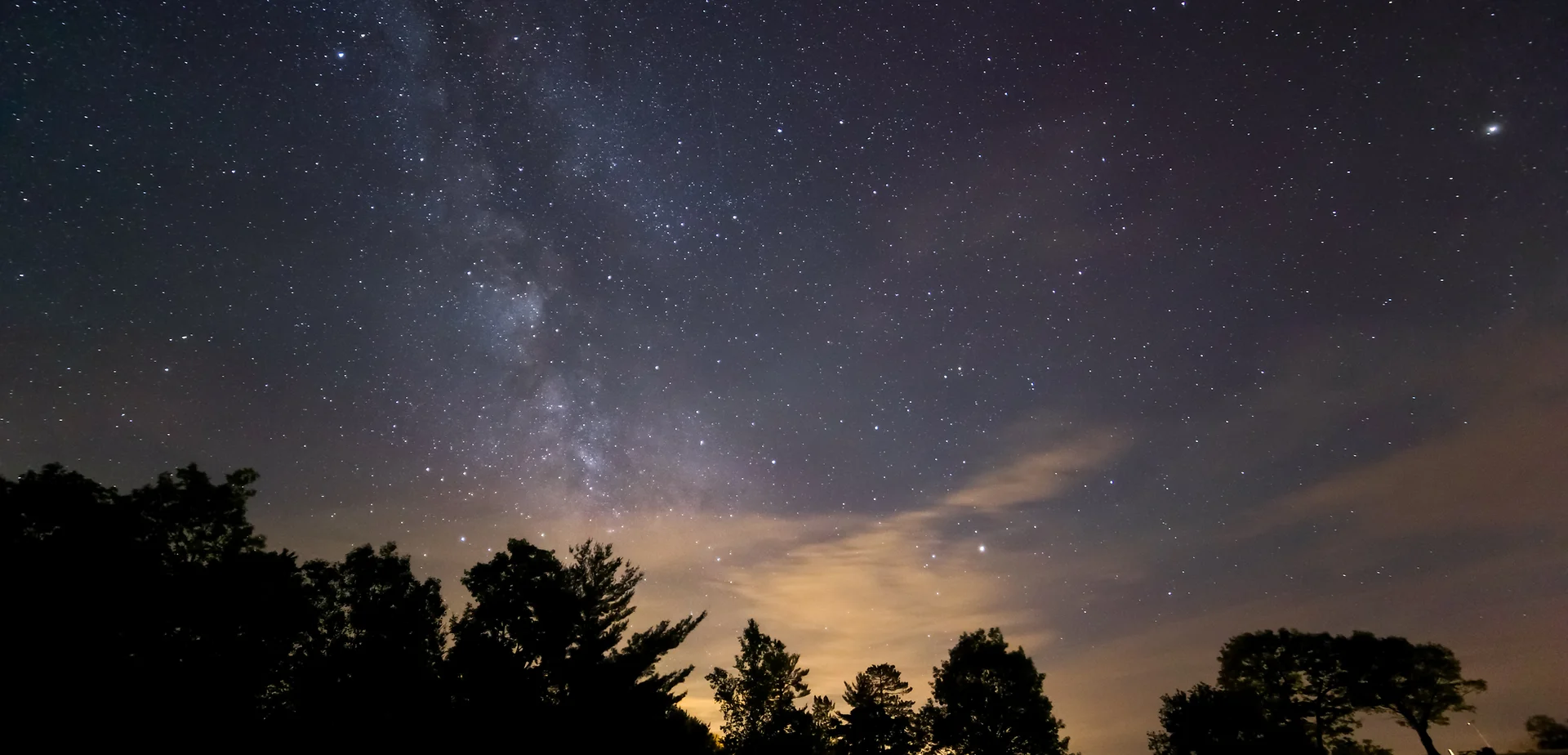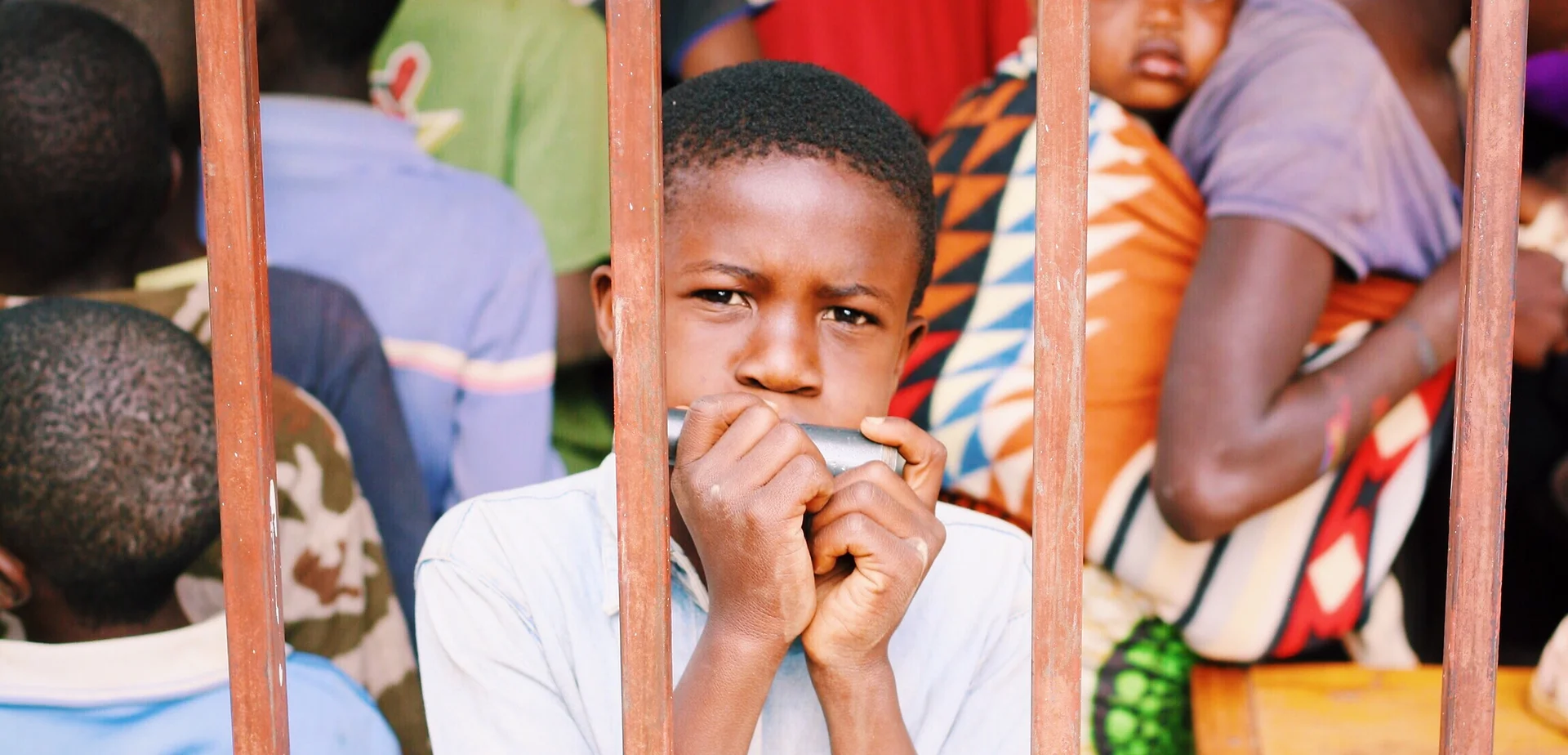
H A R R I E T E I N S I E D E L
Homeopath | Reflexologist | Music Workshops
Background
Harriet
is an experienced and well-regarded therapist and musician, available
for therapy to individuals and musical work for individuals,
groups, schools, and hospitals. She is qualified in anatomy and
physiology, reflexology, and professional conduct to ITEC standard level
III.
Harriet has used homeopathy all her life, and with her family. Harriet
studied for four years at the London School of homeopathy, and ten years
practising homeopathy in south London and in the Scottish Highlands.
She is a member of the Royal Society of Homeopaths (RSHom).
Harriet Einsiedel has a first class Montessori diploma, specializing in
music for children in schools with mixed abilities since 1975. She has
travelled extensively through Europe, Africa, South America, and the far
and middle East - collecting stories, songs, and instruments.
She
branched into community music work from 1982 working in primary
schools, theatre groups, and running music workshops for mixed
abilities.
She played in a celtic band and a jazz improvisation band until 1992
working in primary schools, theatre groups, and running music workshops
for mixed abilities.
She played in a celtic band and a jazz improvisation band until 1992.
She enjoys Jazz dance. Harriet currently works around the South East and
summer tours around Britain, with PD - a charity working in hospitals
and hospices to entertain children.
She also works freelance in schools and residential homes for all age
groups playing music and encouraging creative group participation
creative group participation and inspiration from global rhythms.
Harriet particularly uses voice, guitar, and percussion as a base.
2006-2008 Harriet completed a Diploma in Music Workshop Skills at
Goldsmith's College, University of London.

Homeopathy
Booking
Consultations are available in person or by video call.
Click here to book.
Harriet's experience
Harriet has used homeopathy all her life, and with her family. For
example, when travelling abroad, Harriet's family all carry homeopathic
'first aid' kits as standard, be in the tropics, mountains, or the
coast.
She finds practising homeopathy a fascinating way of gradually healing a patient of their difficulties.
Harriet studied for four years at
the London School of homeopathy and carried out a deep study on
epilepsy, which she continued in practice.
Harriet has spent 20 years practising homeopathy in south London and the Scottish Highlands. Harriet has gained particular experience with trauma and mental health patients.
Harriet is a member of the Royal Society of Homeopaths (RSHom).
"I felt completely uplifted"
Male patient, suffering from chronic depression
Patients with skin conditions, arthritis, digestive and bowel disorders,
menopause, allergies, pregnancies, asthma, children with disabilities,
depressions of all kinds, sleeplessness, children's conditions, (to name
a few) have all found help & support at Harriet's practice.
Aristotle explained that the whole has to be well, not just a single part, and that all wheels of life are interconnected, and sickness and disease are not isolated phenomenon.
About homeopathy
Homeopathy has been used for many common and rare conditions. It takes
in the whole of individual's physical mental and emotional being,
including their personal traits, which can help find the best holistic
remedy for them.
Whether they are babies, adults, elders, not only can homeopathy help
your lifestyle holistically, but it can deal with life stages from birth
through to death. Many patients find it can reduce trips to their
doctor.
Mental and emotional issues are often at the root of a problem, and so the two are intimately connected.
Homeopathy uses minute quantities of natural substances on the basis of treating like with like. It takes in the total state of the individual.
Homeopathic remedies are given in a pill or liquid form, in a number of different strengths (potencies) depending on whether the nature is acute or chronic.
The right remedy can stimulate the body.
Note that using homeopathy does not mean that a patient should stop
receiving medical treatment of any kind - nor should they stop
consultations with medical practitioners. Any treatment should be on the
advice of both a GP, and homeopath if appropriate.
"No organ, no tissue, no cell, no molecule is independent of the activity of the others. But the life of each one of these elements is merged into the life of the whole."
Samuel Hahnemann
Reflexology
Reflexology is a method of stimulating the immune system into activating the healing powers of the body.
-
The early Chinese, Japanese, Russian, and Egyptians worked on the feet to promote good health
-
What joins the ancient with the modern way of promoting health is the long-established principle that there are energy zones that run throughout the body and reflex areas in the feet, that correspond to all the major organs, glands and body parts.
-
Modern reflexology is both a science and an art; it requires a sound knowledge of technique and skill and dedication from the reflexologist.
-
Dr William Fitzgerald in the 1800s developed the modern zone theory of the human body, arguing that parts of the body correspond to other parts, and he proved it by applying pressure to one area, thus anaesthetizing a corresponding area.
-
Eunice Ingham, a physiotherapist, in the 1930s was a pioneer with modern reflexology, she concluded that since the zones ran throughout the body, and could be accessed anywhere, some areas might be more accessible and effective than others. The feet have 7,000 nerves and are extremely sensitive and are the most responsive area for working the zones.
-
Reflexology can balance the whole system, it can improve circulation, cleanse the body of toxins and impurities. It can reduce stress and induce deep relaxation, improve memory, helping serotonin levels, end endorphins to the brain. It can induce sleep and can prevent and help cope with illness.
-
Energy pathways are opened up, the seven energy centres, known in eastern medicine as 'the shakras' are unblocked, and help the body return to its natural rhythms. Hand reflexology is also part of the treatment. If the feet themselves are injured or swollen, hand reflexology can be used instead, and can facilitate the healing process.
-
Many of the organs and the glands unite to form a system in the body, this means they work interdependently to achieve their functions. There are ten different systems in the body to strengthen it's systems, for example the circulatory, muscular, lung and heart, and skeletal system.
Harriet's Background
Harriet is qualified in anatomy and physiology, reflexology, and professional conduct to ITEC standards level III.
As a practitioner, Harriet says:
"Reflexology is challenging and rewarding. It gives others a feeling of wellbeing when they are being treated, and has a significantly calming effect on patients and practitioners, and gives health and wellbeing."
"Working with the feet is an ancient art, it gives me an insight into their personality and their traits and problems. The more time / spend with a patient the more! can understand and help them. The whole experience is very grounding. It is the one part of the body that effectively heal so many parts of the body, because of the thousands of nerves that terminate in the feet."
Your treatment
Stress is a key element in our lives, and can be helped through
reflexology, or it can be a powerful antidote to stress - from high
blood pressure to backaches.
Reflexology can help nurture relationships with other people.
However if ailments or symptoms are discovered when working the foot,
patients will be referred to their doctor for further investigation.
Reflexology is also used for the terminally ill and can calm and strengthen them in their last period of their life.
During a reflexology session the patient can close their eyes and go to sleep.
Reflexology is perfect for athletes and business people.
Reflexology can also help with thyroid and sexual dysfunctions, the
menopause, hormone imbalances, digestive and bowel disturbances, and
those who are heavily pregnant (only after the third month of
pregnancy).

Music Workshops
"Harriet is intuitive and understanding with people's individual needs"
Hospice manager
"Providing the feel good factor"
Nursing Times
"Caught children's imagination to hear rhythms from around the World"
Project worker, Borough, London
"Creative
art and music in special need adult residential homes is a new, fresh,
approach which each residential home should participate in, but there is
not enough of these reliable musicians"
Co-ordinator, 52-60 Grosvenor Terrace, Camberwell
"Playing intuitively with the children helps each one individually"
Margaret Munford, working with POD in hospices
Join in the Jam
Exciting, adventurous, energetic & fabulous fun!
-
Workshops for groups of any age or needs
can be held-one-off, or over
a series of weeks or months
-
Using musical material and instruments
from around the world
-
Workshops can be tailored to a theme or global region, or to fit with a project • broad range of musical traditions - improvised jazz, blues, rock, traditional, folk, world, storytelling • develop musical skills, rhythm, improvisation, harmony, performance, listening, playing
-
Instruments provided,
you may also bring your own
-
encourages listening, participation,
and imagination
-
Creating 'sound pictures'
-
Learning about performance both solo &
within a group
Jacaranda Band (Harriet Einsiedel, Steve Barbé
& guests) is also available for booking
for musical entertainment
Contact as above.
"You only
have to look at them playing. There has been research that shows
children are happy and their minds stimulated that helps recovery"
Sunday Telegraph RX Magazine
Harriet's Musical Journey
Harriet
Einsiedel has a first class Montessori diploma specializing in music
for children in schools with mixed abilities since 1975.
She has travelled extensively through Europe, Africa, South America, and
the far and middle East - collecting stories, songs, and instruments.
She
branched into community music work from 1982 working in primary
schools, theatre groups, and running music workshops for mixed
abilities.
She played in a Celtic band and a jazz improvisation band until 1992. She regularly enjoys Jazz dance.
Harriet worked for some time around the South East (plus summer tours
around Britain), with POD - a charity working in hospitals and hospices
to entertain children.
Harriet
works freelance in schools and residential homes for all age groups
playing music and encouraging creative group participation and
inspiration from global rhythms.
Harriet particularly uses voice, guitar, and percussion as a base.
Harriet completed a Diploma in Music Workshop skills at Goldsmith's College, University of London



Get In Touch




